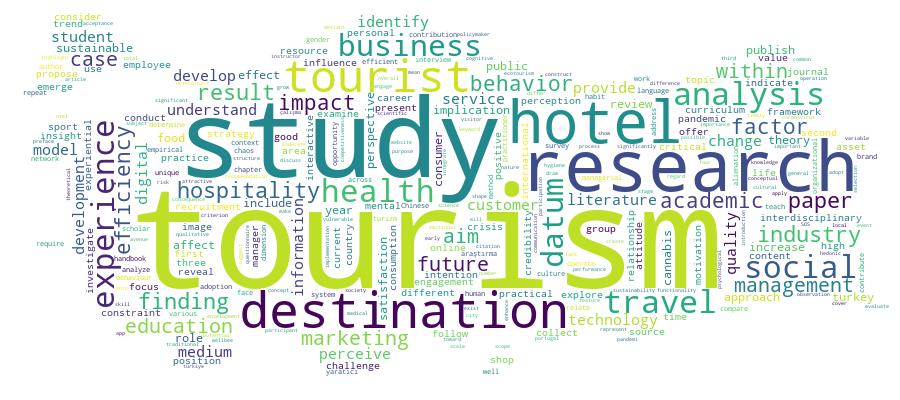Kozak, Metin
Loading...

Profile URL
Name Variants
KOZAK, Metin
M. Kozak
K.,Metin
K., Metin
Kozak, Metin
Kozak, M.
METIN KOZAK
Kozak, METIN
Kozak,Metin
Kozak,M.
Metin, Kozak
Metin KOZAK
KOZAK, METIN
Kozak M.
Metin Kozak
M. Kozak
K.,Metin
K., Metin
Kozak, Metin
Kozak, M.
METIN KOZAK
Kozak, METIN
Kozak,Metin
Kozak,M.
Metin, Kozak
Metin KOZAK
KOZAK, METIN
Kozak M.
Metin Kozak
Job Title
Prof. Dr.
Email Address
Main Affiliation
Advertising
Status
Current Staff
Website
ORCID ID
Scopus Author ID
Turkish CoHE Profile ID
Google Scholar ID
WoS Researcher ID
Sustainable Development Goals
1
NO POVERTY

2
Research Products
3
GOOD HEALTH AND WELL-BEING

2
Research Products
4
QUALITY EDUCATION

9
Research Products
8
DECENT WORK AND ECONOMIC GROWTH

21
Research Products
9
INDUSTRY, INNOVATION AND INFRASTRUCTURE

4
Research Products
11
SUSTAINABLE CITIES AND COMMUNITIES

1
Research Products
12
RESPONSIBLE CONSUMPTION AND PRODUCTION

20
Research Products
14
LIFE BELOW WATER

7
Research Products
15
LIFE ON LAND

2
Research Products
16
PEACE, JUSTICE AND STRONG INSTITUTIONS

1
Research Products
17
PARTNERSHIPS FOR THE GOALS

7
Research Products

Documents
247
Citations
9390
h-index
45

Documents
184
Citations
5414

Scholarly Output
79
Articles
52
Views / Downloads
698/4724
Supervised MSc Theses
1
Supervised PhD Theses
0
WoS Citation Count
450
Scopus Citation Count
635
WoS h-index
11
Scopus h-index
12
Patents
0
Projects
0
WoS Citations per Publication
5.70
Scopus Citations per Publication
8.04
Open Access Source
28
Supervised Theses
1
Google Analytics Visitor Traffic
| Journal | Count |
|---|---|
| International Case Studies in Food Tourism | 5 |
| Journal of Global Health | 4 |
| Tourism Management | 3 |
| Journal of Hospitality and Tourism Management | 3 |
| Tourism Review | 3 |
Current Page: 1 / 10
Competency Cloud


